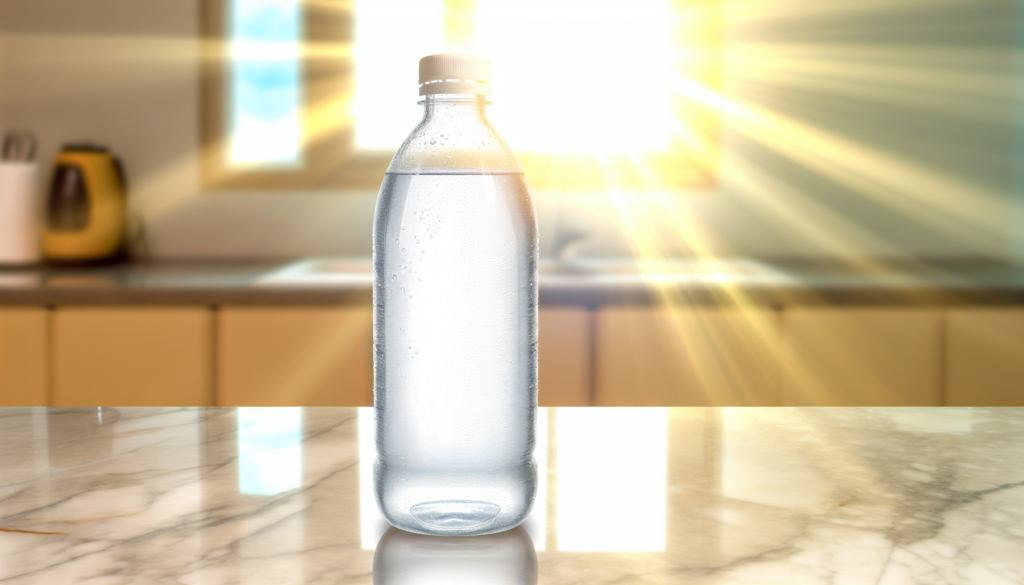Dealing with acne-prone, oily skin can feel like an endless battle. One minute, your skin looks fresh and balanced; the next, it’s a greasy mess, with new breakouts appearing overnight. It’s frustrating, especially when you’ve tried countless skincare products that promise miracles but leave you disappointed. The key isn’t about finding an overnight fix—because, let’s be honest, there isn’t one—but rather about creating a routine that keeps your skin in check. So, how do you tame the oil and keep acne flare-ups at bay? Let’s get into it.
Start with the Right Cleanser
A good skincare routine always begins with cleansing, and if you have oily, acne-prone skin, your cleanser can either be your best friend or your worst enemy. Harsh cleansers that strip away all oils may seem like a good idea at first, but they often signal your skin to produce even more oil. Instead, go for a gentle foaming or gel-based cleanser that removes dirt and excess oil without leaving your skin feeling tight.
Look for ingredients like:
- Salicylic acid – Helps unclog pores and prevents breakouts.
- Benzoyl peroxide – Targets acne-causing bacteria.
- Tea tree oil – A natural alternative known for its antibacterial properties.
Wash your face twice a day—once in the morning and once before bed. Overwashing can strip the skin, which can actually make matters worse.
Be Picky About Your Moisturizer
Oily skin still needs moisture; skipping it can actually make your skin produce more oil to compensate. The trick is to choose a lightweight, non-comedogenic moisturizer that hydrates without clogging pores.
Consider:
- Gel-based or water-based moisturizers
- Oil-free formulas with hyaluronic acid
- Products labeled “non-comedogenic” to avoid pore blockages
If you struggle with frequent breakouts, a moisturizer with niacinamide can help control oil production while calming irritation.
Exfoliate, but Don’t Go Overboard
Exfoliation helps remove dead skin cells, preventing clogged pores, but scrubbing too aggressively or too often can lead to redness and irritation. Stick to chemical exfoliants over physical scrubs, as they penetrate deeper and don’t cause microtears on your skin.
Some great options include:
- Salicylic acid (BHA) – Penetrates oil and clears out clogged pores.
- Glycolic acid (AHA) – Helps with skin texture and reduces breakouts.
Using a chemical exfoliant 2-3 times a week should be enough to keep your skin balanced without overdoing it.
Never Skip Sunscreen
Many people with oily or acne-prone skin avoid sunscreen, fearing it will make their face greasier or cause breakouts. But sun exposure can cause inflammation, post-acne scars, and premature aging. The secret? Choose the right sunscreen.
Look for:
- Oil-free, non-comedogenic SPF – Won’t clog pores.
- Matte-finish sunscreens – Helps control shine.
- Gel-based sunscreens – Lightweight and absorb quickly.
A broad-spectrum SPF 30 or higher is ideal for protecting your skin without adding extra oil.
Choose the Right Makeup Products
Makeup should enhance your beauty, not contribute to breakouts. If you wear foundation, make sure it’s:
- Oil-free and non-comedogenic
- Matte or powder-based to help control shine
- Lightweight to prevent clogging pores
Also, don’t forget to remove makeup before bed—no exceptions! Micellar water or an oil-free cleansing balm followed by your regular cleanser does the trick without leaving residue behind.
Hydration Isn’t Just for Dry Skin
You might think drinking water won’t help much with oily skin, but staying hydrated keeps everything balanced. When your skin is dehydrated, it tends to produce more oil to make up for the lack of moisture. Keep up with your water intake, and consider using hydrating toners with ingredients like green tea or rose water to soothe and refresh your skin.
Watch Your Diet and Lifestyle
Skincare products play a huge role, but so does what you put into your body. Some foods have been linked to breakouts, and making small tweaks to your diet can make a difference.
Watch out for:
- Excessive dairy – Some studies suggest it can trigger acne.
- High-sugar foods – Can spike insulin levels and lead to breakouts.
- Processed foods – Often cause inflammation in the skin.
Instead, focus on whole foods rich in antioxidants, healthy fats, and probiotics to keep your skin happy.
Consistency is Everything
If there’s one takeaway here, it’s this: results don’t happen overnight. Consistent skincare, a balanced diet, and stress management all work together for clearer skin. Stick with your routine, give it time, and most importantly—be kind to your skin.



